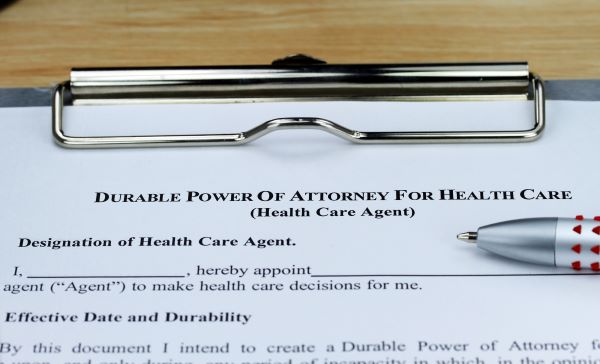Special needs individuals can take advantage of several programs and services offered by the federal…

You Can Avoid a Conservatorship With a Durable Power of Attorney
Legal guardianship over an adult is known as a conservatorship. Decisions and actions can be made on behalf of another (or several people). The conservator is the person(s) with the power to make decisions, and the conservatee is the adult who needs help with their financial, health care, living arrangements, and daily affairs due to old age, physical or mental limitations. Some conservatorships are broader than others. For example, some conservators may only have authority over financial decisions, not medical ones.
Common reasons for conservatorship include an adult in a coma, with dementia, or developmental delays. A conservatorship is different from durable powers of attorney. A durable power of attorney is a legal document that adults can set up for themselves if they fear they will lose the capacity to make decisions at some point. They can choose who makes important decisions for them.
Conservators are put in place through court authority to manage the affairs of those who can no longer make their own decisions about health care or finances. Without a durable power of attorney reflecting your wishes, family members may petition a court to appoint a conservator to manage your well-being if you become incapacitated.
What Does Conservatorship Determine?
A “conservator of the estate” guides financial matters while a “conservator of the person” manages personal and medical decisions. In less complex circumstances, one person may be in charge of both estate and personal/medical conservatorships. Both types of conservators follow court supervision and are held accountable to that court.
This court supervision acts as a safeguard, preventing conservators from mismanaging property or taking advantage of those in a conservatorship. The conservator must periodically report the details of their actions to the court. Frequently, courts will require the conservator to seek permission before making major decisions, such as terminating life-support or requiring medications (medical and personal conservatorships) or selling real estate or other property (financial conservatorship). Additionally, a financial conservator must often post a bond as an insurance policy protecting the conservatee’s estate from mismanagement.
Avoiding a Conservatorship
Conservators must serve the conservatees’ best interests and be chosen based on the ability to be competent and trustworthy. Yet conservatorships are often expensive and can be avoided by adequately preparing durable powers of attorney before a physical or mental health crisis occurs. These legal documents provide a template for decision-making based on your wishes by the designated power of attorney(s). In the absence of these documents, the court will often appoint a conservator who is a relative that is available to serve, such as a spouse or adult child.
A conservator will act until the court issues an order ending this responsibility which usually follows:
- The conservatee’s death
- The conservatee no longer requires this level of assistance
- In the case of a financial conservatorship, all assets are spent
- The conservator can no longer handle the responsibilities or resigns
- The court removes the conservatorship due to a successful legal challenge by the conservatee
To avoid an unwanted conservatorship, draft your durable power of attorney while you are young and have all your faculties. Although it is unpleasant to consider, you never know when your life can change drastically. Meet with an elder law attorney to discuss your concerns around potential physical or mental illness. Your chosen representatives will be those you trust to make decisions in your best interest, and you will have peace of mind knowing that future decisions will reflect your wishes.
We hope you found this article helpful. If you have questions or would like to discuss a personal legal matter, please contact our office at 732-972-1600.



